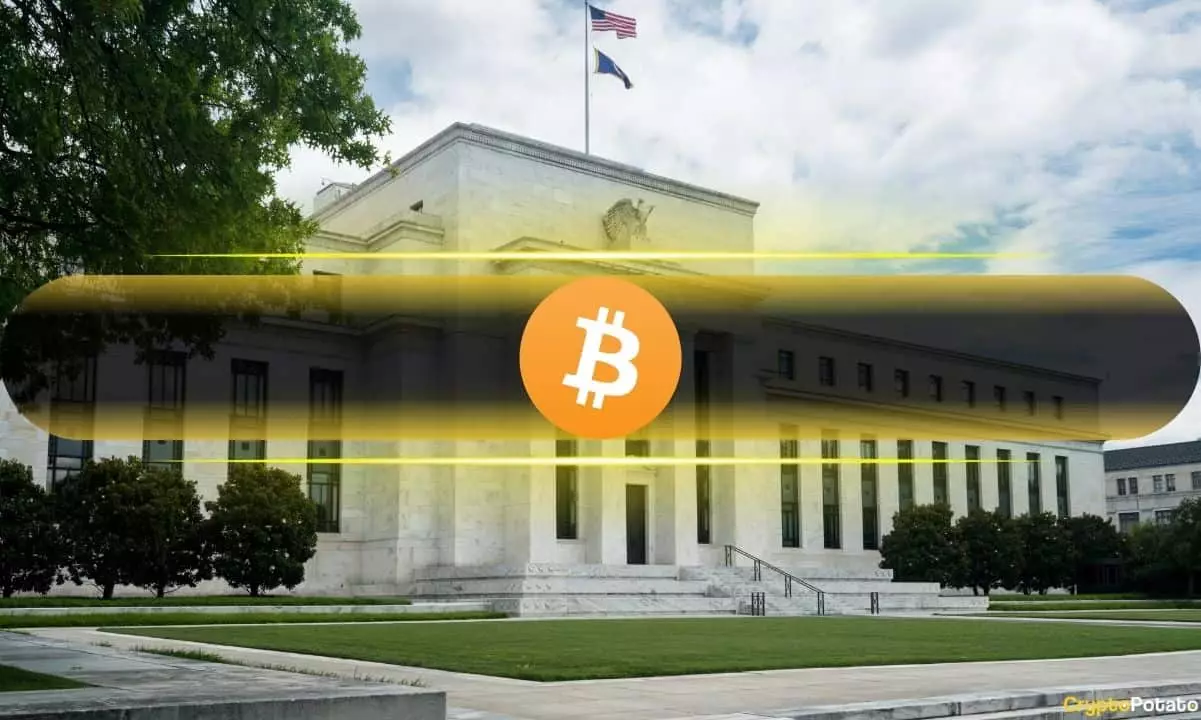In an era where digital assets increasingly permeate daily life and economics, voters across the United States are evolving their political stances to encompass cryptocurrency as a pivotal issue. According to a recent survey conducted by ConsenSys and HarrisX, approximately 49% of voters underscore the importance of a pro-crypto perspective when contemplating political candidates. These statistics hint not only at a shift in public opinion but also the potential repercussions for candidates navigating this emerging political landscape.
The survey reveals that a significant majority of electoral participants—62%—are open to breaking traditional party lines for a candidate that champions pro-cryptocurrency policies. This readiness to switch alliances underscores the relevance of crypto within the political arena and signals to candidates that adopting a pro-crypto stance could be a game-changer in a closely contested electoral environment.
Voter anxiety regarding cryptocurrency regulation is palpable, with 44% expressing dissatisfaction with the current efforts of the Biden administration in fostering a supportive environment for the industry. The findings suggest a widespread desire for clarity within a landscape fraught with ambiguity. A staggering 85% of survey respondents wish to see presidential candidates taking definitive stances on cryptocurrency, pointing to a strong current of urgency within the electorate.
Joe Lubin, CEO of ConsenSys and co-founder of Ethereum, remarked on the perceived dissonance between the crypto sector and the regulatory environment, asserting that misconceptions about the industry’s aversion to regulation need to be addressed. Lubin emphasizes the importance of bipartisan acknowledgment of cryptocurrency’s significance by both major political parties, suggesting that sustained uncertainty hinders potential growth and innovation in the sector.
Misunderstanding and Misinformation in Crypto Oversight
Despite the surging interest in digital currencies and blockchain technology, the survey unveils a troubling lack of understanding regarding which agencies govern the cryptocurrency sector. A mere 15% of respondents could accurately identify the Securities and Exchange Commission (SEC) as the main regulatory body. Compounding this confusion, participants exhibited a similar misunderstanding about the Commodity Futures Trading Commission (CFTC) and the role of the U.S. Treasury Department in overseeing crypto operations.
This prevalent knowledge gap about existing regulations and their governing bodies further complicates public discourse on crypto policy. Yet, when asked which agencies are equipped to develop informed cryptocurrency regulations, a large percentage pointed towards the SEC (70%) and the CFTC (67%). This dissonance indicates a critical need for educational initiatives aimed at informing voters about existing regulatory landscapes, as well as the specifics of proposed legislation.
Interestingly, public perceptions of politicians’ grasp of cryptocurrency vary widely. Donald Trump, the former president, emerges as the political figure considered most knowledgeable about the sector, with 53% of voters endorsing his understanding of cryptocurrency policy. Comparatively, only 41% and 36% credited Vice President Kamala Harris and President Joe Biden, respectively, with sufficient knowledge to influence crypto regulations effectively.
This dynamic suggests that candidates must enhance their understanding of digital assets not only to meet voter expectations but also to position themselves as credible leaders in the evolving economic landscape. As cryptocurrency continues to capture public interest, political figures must engage in continuous learning to resonate with constituents who prioritize regulatory frameworks and consumer protections.
Consensus on Consumer Protection and Transparency
Across political affiliations, voters are calling for stricter regulations and stronger fraud prevention measures to bolster confidence in cryptocurrency markets. This sentiment resonates across key battleground states, highlighting a common ground among Democrats, Independents, and crypto advocates who share concerns over scams and lack of transparency.
With the perceived risks associated with cryptocurrency being a significant deterrent to investment, it becomes evident that voters are not only concerned about potential losses but also demanding streamlined protections that enhance trust in the emerging digital economy. In light of these findings, it is clear that addressing these concerns through robust regulatory frameworks will be crucial for electoral candidates wanting to capitalize on the growing influence of cryptocurrency in the political narrative.
The growing relevance of cryptocurrencies as a political issue cannot be ignored. As the landscape evolves, candidates who effectively address voter concerns regarding regulation, education, and consumer protection stand to gain a valuable foothold in future elections.


Leave a Reply